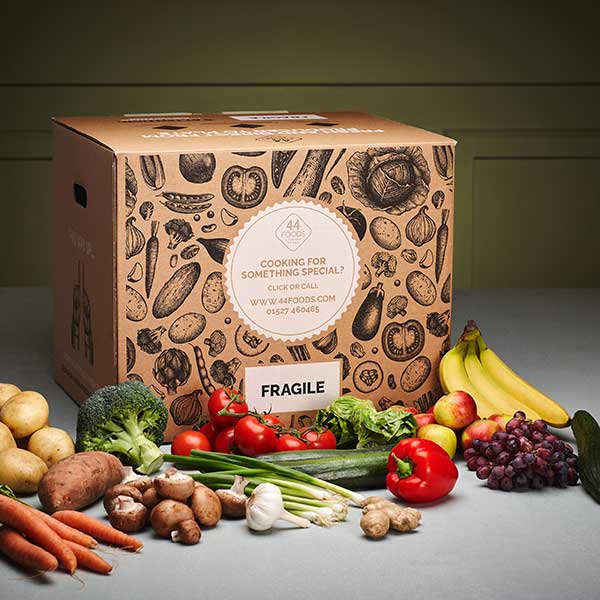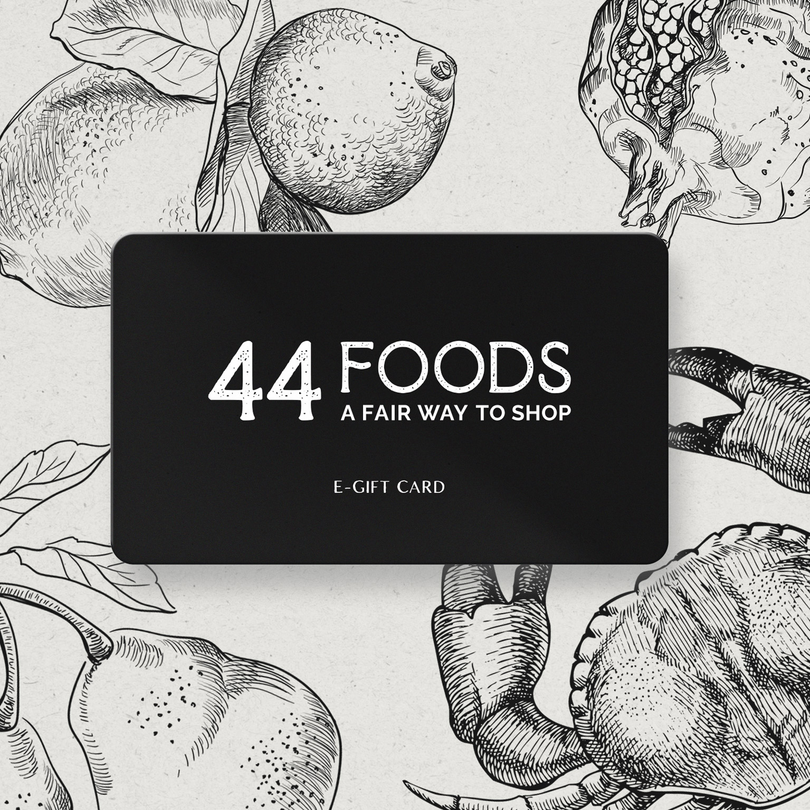According to the World Food Programme, one third of food produced for human consumption is lost or wasted globally. This waste is key to some of the main challenges impacting our planet, such as poverty, climate change and agricultural sustainability. It’s also a waste of energy because of the work that goes into the growing, harvesting, processing and cooking processes.
Stop Food Waste is a global awareness day in the calendar designed to ignite change in the way we think about food consumption. To mark this important date, we’re setting out some simple steps you can take to avoid wastage and play your part in tackling the problem…
Prevention is better than cure
We can all prevent food waste by storing ingredients in a smart way to optimise our edibles. Storing anything that could lose its texture or flavour if kept loose – think biscuits and cereals – in air-tight containers will help retain the freshness. You can also use labels to note use-by dates so you know what needs eating first.
Forward-planning is another approach you can take. Even just by taking a look in your fridge and capturing what you have in your inventory to see how you can make the most out of the food you have, you can avoid the problem of forgotten items at the back. By mapping out the use-by dates, you can prioritise the food that needs eating and create a schedule to stick to – even if it is a rough guideline, it could help prevent mouldy veggies and curdled yoghurts.
Level up your leftovers
Leftovers can actually provide tasty, low-effort meals, so it’s worth holding on to your scraps and thinking up ways you can make the most of them rather than aimlessly binning them. For example, leftover meat would work well in tacos or nachos with a simple drizzle of sour cream and grated cheese or in toasties with a generous dollop of red onion chutney.
For your roast, you can pop leftovers into a pot for a delicious casserole – using up any of the remaining meat – ideally lamb or beef – as well as gravy and veg such as parsnips or swede. Bubble and squeak is another classic for using up food; tasty and easy potato cakes made using boiled potato and cabbage.
Create a mishmash meal
Sometimes you may look in the fridge and find what you’ve got to work with isn’t exactly inspiring or plentiful. But fear not – why not turn it into a Ready Steady Cook style task and challenge yourself to come up with something delish from what you do have in the mix?
We’re thinking a fridge-raider style soup – the more colourful and flavoursome, the better. You can build your broth with mushrooms, onions, peppers, tomatoes and potatoes, add any meat you have, and chuck in any pasta odds and ends or canned beans for texture. Stale bread can be toasted as croutons, and you can throw in herbs and spices for extra zing.
Another quick win is a curry. Home-cooked rice, takeaway leftovers, or even frozen cooked rice makes for a great base, which you can liven up with meat, vegetables and your favourite blend of spices. Diced potatoes, cauliflower and carrots are great for bulking out the mixture.
You can also whip up a salad or a stir fry pretty easily – you don’t even need many ingredients to make it work well. Noodles and broccoli are perfect for a simple stir fry, and you can prepare a sweet or savoury salad quickly too and level it up with the addition of grains and dressings. You can even mix sweet with savoury by sprucing up your greens with some tangy grapefruit or sweet strawberries.
Be a savvy shopper
Shopping smart can make a positive difference, too. Making more conscious choices about what you put in your basket and only buying what you know you will use and enjoy makes for a more selective process. And at 44 Foods you know what you’ll be buying is fairly produced and great tasting, so you’ll be favouring quality over quantity. Doing a weekly shop will allow you to better track the food you’re buying and eating because you’ll be monitoring it more frequently, and buying fresh means you’ll be eating fresh, too.
Helping others in need
Stop Food Waste Day suggests you also repurpose any surplus food you may have to the local community. Food banks are there to support people who need short-term help – including those who are homeless or unemployed – and any items you donate could make a difference to someone’s day. You can use Give Food to submit your location details to find nearby places and how you can donate or volunteer. They even provide specific lists of items so you know exactly what can be provided to each cause.
Even small steps can make a big difference, so by thinking about how you can stop food waste, we can foster a culture of change – on Stop Food Waste Day and beyond!





